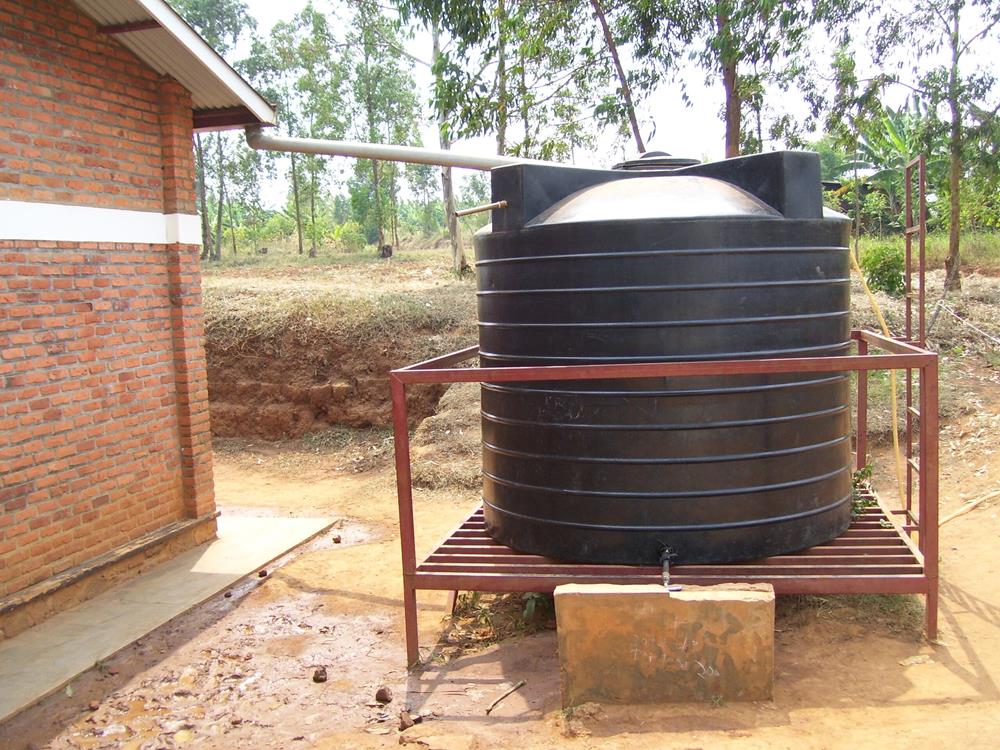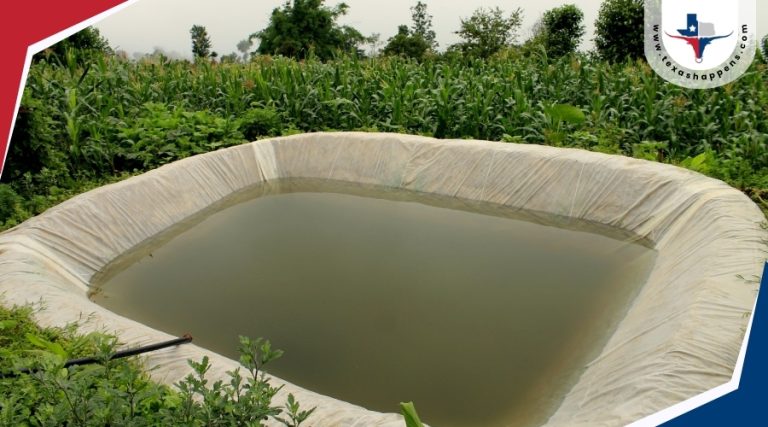Water conservation is a big deal in Texas, where droughts are common, and every drop counts. Many homeowners and businesses are turning to rainwater harvesting as a sustainable way to manage water use, reduce dependency on municipal supplies, and lower utility bills. But with all the confusion surrounding water rights and regulations, a common question arises: Is harvesting rainwater illegal in Texas?
The short answer is no—harvesting rainwater is completely legal in Texas. In fact, not only is it allowed, but state laws actively encourage it. Texas has some of the most rainwater-friendly policies in the country, offering tax incentives, rebates, and legal protections to those who install collection systems.
Benefits of Harvesting

Texas has made rainwater harvesting not only legal but highly accessible, paving the way for numerous benefits that extend to both individual homeowners and the wider community. By embracing this practice, you can contribute to reducing the environmental impact and fostering community awareness about water issues. Here’s how:
- Flood Mitigation: By decreasing stormwater flow, you help prevent flooding and erosion in urban areas, protecting both your property and the environment.
- Cost Savings: Utilizing harvested rainwater for irrigation and other non-potable uses can markedly lower your utility bills.
- Health Benefits: Treated rainwater offers a pure, soft water source with low sodium, ideal for health-conscious individuals.
- Sustainability: Supporting water conservation efforts reduces dependency on municipal supplies, promoting responsible resource management.
Financial Incentives
When considering rainwater harvesting in Texas, financial incentives make the decision easier and more appealing. The state supports residents through diverse rebate programs and tax exemptions, reducing the financial burden of installing rainwater systems. Here’s how you can benefit:
- Rebate Programs: Local governments often provide rebates on rainwater harvesting systems to promote water conservation. Check with your city for specific offers.
- Property Tax Exemptions: Under the Texas Tax Code, you may qualify for property tax exemptions if your system improves water conservation efforts.
- Sales Tax Exemption: Equipment for rainwater harvesting is exempt from state sales tax.
- Recognition: The Texas Rain Catcher Award honors those who greatly contribute to water conservation through rainwater initiatives.
Available Resources
View this post on Instagram
If you’re considering rainwater harvesting in Texas, you’ll find a wealth of resources to guide you. The Texas Water Development Board offers extensive guidelines to guarantee your system is both efficient and compliant. Local governments frequently host community workshops and provide educational materials aimed at promoting best practices.
You can also investigate the “Take Care of Texas” initiative, which includes a dedicated chapter on rainwater harvesting, discussing its benefits and legal aspects. For a more thorough understanding, Texas A&M AgriLife provides a detailed guide on installation, maintenance, and use of harvested water. Moreover, the Texas Rain Catcher Award celebrates those making significant contributions to water conservation, inspiring others to join the movement. Additionally, Texas is leading in renewable energy production, which underscores the state’s commitment to sustainable practices and environmental responsibility.
Tax Incentives and Rebates for Rainwater Collection
View this post on Instagram
To further encourage water conservation, Texas offers tax exemptions and incentives for rainwater collection systems. Under Section 151.355 of the Texas Tax Code, rainwater harvesting equipment is exempt from state sales tax. That means if you purchase tanks, pipes, filtration systems, or any other necessary components, you won’t have to pay state tax on them.
In addition, some cities and counties provide rebates or credits to property owners who install rainwater harvesting systems. For example, the San Antonio Water System (SAWS) offers rebates ranging from $30 to $2,000, depending on the size of the system. Austin, Houston, and other municipalities have similar programs to promote conservation.
Conclusion
Rainwater harvesting in Texas is a sustainable and practical solution to water conservation, helping to address the state’s growing water demands amid frequent droughts. By collecting and storing rainwater, homeowners, businesses, and agricultural operations can reduce reliance on municipal supplies, lower water bills, and contribute to environmental preservation.
With supportive state policies, financial incentives, and increasing public awareness, rainwater harvesting is becoming an essential part of Texas’ long-term water management strategy.


